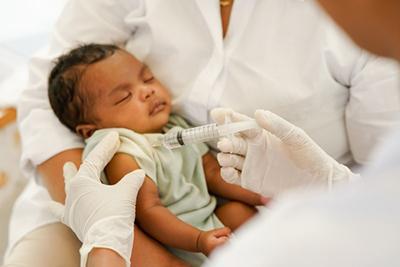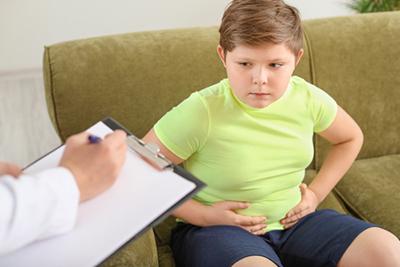
My Blog
-
Healthy Eating Habits for Kids: Tips and Tricks
posted: Jul. 22, 2024.

-
Child Safety: Preventing Accidents at Home and Outdoors
posted: Jul. 01, 2024.

-
Nutrition for Kids: Building Healthy Eating Habits
posted: Jun. 12, 2024.

-
Childhood Sleep Disorders: Identifying Symptoms and Seeking Treatment
posted: Jun. 01, 2024.

-
Managing Screen Time: Balancing Technology Use for Children
posted: May 09, 2024.

-
The Importance of Immunizations
posted: May 01, 2024.

-
When Should You See Your Pediatrician?
posted: Apr. 12, 2024.

-
How Often Should My Child Be Seeing a Pediatrician?
posted: Apr. 01, 2024.

-
What To Expect at a Behavioral Health Evaluation
posted: Mar. 12, 2024.

-
The Importance of Regular Well Visits
posted: Mar. 01, 2024.

-
The Importance of Early Childhood Vaccinations
posted: Feb. 07, 2024.

-
Childhood Obesity: Causes, Risks, and Strategies for Prevention
posted: Feb. 01, 2024.

-
Best Ways To Prevent Ear Infections
posted: Jan. 07, 2024.

-
The Role of Pediatricians in Early Childhood Development
posted: Jan. 01, 2024.

-
Promoting Mental Health in Children
posted: Dec. 07, 2023.

-
Tips To Help Your Child Eat Healthier
posted: Dec. 01, 2023.

This website includes materials that are protected by copyright, or other proprietary rights. Transmission or reproduction of protected items beyond that allowed by fair use, as defined in the copyright laws, requires the written permission of the copyright owners.

